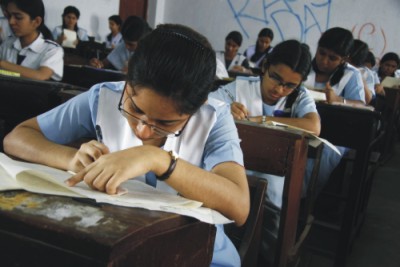14th September 2012 Athens, Greece
Democracy and Education in a time of crisis
During the last years Greece has become a host country for many labor migrants. The education policy concerning the children of those migrant families has however still room for development.
As the legitimacy status for many immigrant families remains uncertain or unclear due to delays in completing applications for residence permits, the children’s inclusion in their school environment is also being inevitably affected; they either face bureaucratic problems enrolling in their schools or they are unable to invest both emotionally and cognitively to the new environment. In this framework and as the number of foreign students grows, reaching approximately the 10% of the total student population, the need for an overall efficient intercultural approach appears even more urgent.

15 September is the UN’s International Day of Democracy. In Greece, where the universal value of democracy has been served and respected throughout its history, its connection with education is more than obvious. And despite the difficult times the country is going through, education undoubtedly remains one of the core elements of the country’s culture, inextricably linked to its future. Recognising migrant school students as students with different needs shaped and formed by different realities, is a necessary step for us, a step we need to take in order to adapt with the emerging challenges of a new age. Bureaucracy and migration policies might be some of the obstacles that affect the efficiency of this intercultural approach in education. However, it will be worth trying to see through the eyes of the children who are fighting for this unique democratic right, to understand where they come from and help them get at the point where they want to reach; and we are talking about something much more than just a place on the map.